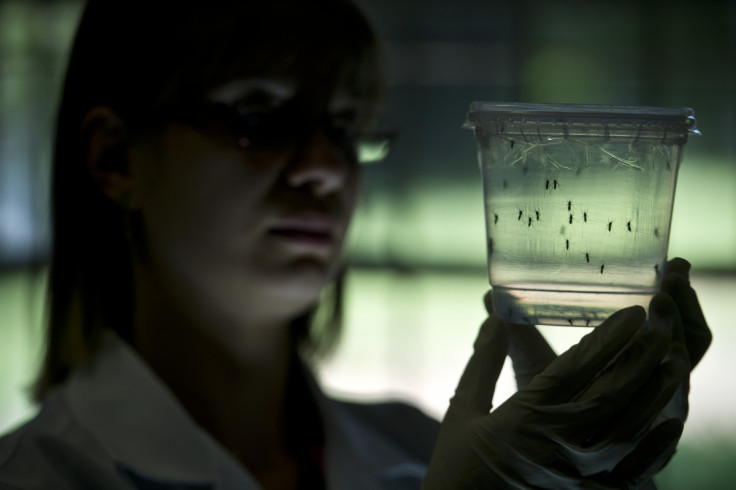Brazil: Zika virus scare grips country ahead of Rio carnival and Olympics

The mosquito-borne Zika virus scare continues to grip Brazil even as the country gears up for Olympics 2016 and the carnival. The world-renowned Rio carnival celebrations, which start in the first week of February, attract thousands of tourists and the fear is that they could be exposed to the virus.
Authorities initially downplayed the risk to outsiders from Zika but have since had to act after the US Centers for Disease Control and Prevention issued a travel warning after a case surfaced iin Hawaii. The US agency warned pregnant women from travelling to 14 countries and territories in the Caribbean and Latin America.
Subsequently, Brazil's health ministry also issued a similar warning asking pregnant women to consult doctors before visiting the country, according to Reuters. Alexandre Albuquerque, a spokesman for the state tourism secretary, said the carnival attracted 1.5 million tourists in 2015.
Though health experts are unable to determine as to why the Zika virus has spread so rapidly in Brazil, they have warned that the big tourism events may help the virus to multiply and spread to other parts of the world. Despite the scare, even in the state of Pernambuco, the epicentre of the Zika outbreak and a historic hub of carnival revelry, tourism has not been hit. "There are at least as many reservations as last year and in the case of some hotels even more," said Albuquerque.
At least 3,500 suspected cases of microcephaly, a rare neurological condition resulting in babies being born with smaller brains, have been reported by the health ministry since October. The figure is 30 times more than it what has been reported each year since 2010. Fetal deformation has also been linked to the Zika virus. The virus is transmitted by the Aedes aegypti mosquito, which is also known to carry dengue, yellow fever and chikungunya viruses.
Municipal authorities in Sao Paulo have distributed faster testing materials to help public hospitals identify patients infected with another mosquito-borne disease, dengue, whose outbreak has worsened in recent years.
Amidst the growing alarm, Olympics and tourism officials say the current measures are enough to minimise the chances of infection. "The Olympic and Paralympic venues will be inspected on a daily basis," said Philip Wilkinson, a spokesman for Rio 2016, adding that the organizers are following guidance from local and federal health officials.
© Copyright IBTimes 2024. All rights reserved.





